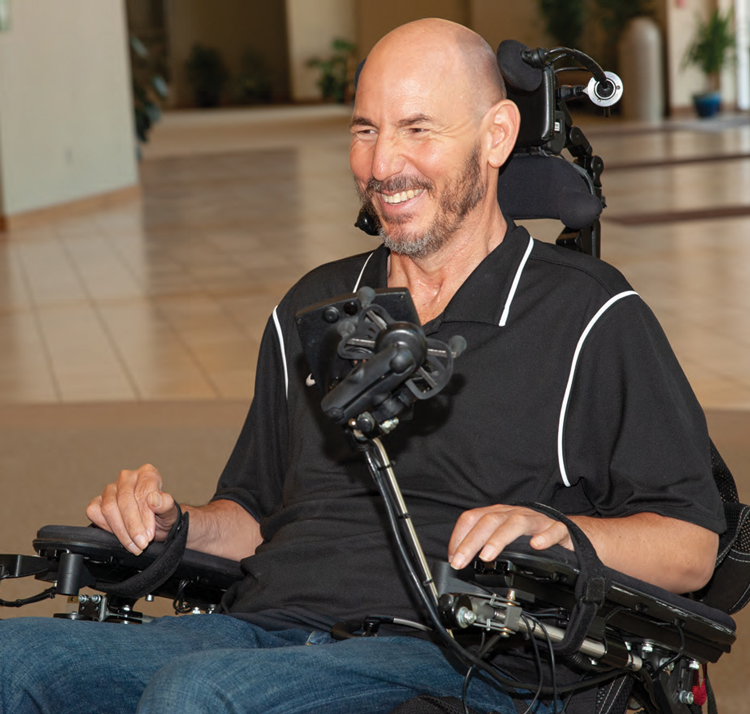By Dan Hall
What Mission Mississippi has meant to me
“It’s good you’re helping this family, but maybe you can help them find one of their churches,” the deacon told the couple who had brought children of another race to the church service. “Wouldn’t they be more comfortable there?” Welcome to Hinds County, 1985.
That was the final catalyst for a small group of people to start a church where “race and socioeconomic distinctions do not matter” was one of its core values. I was fortunate enough to become the first pastor of this renegade group committed to seeing the practical working out of evangelical theology and social justice.
But I had much to learn. You see, I’m not from Mississippi. I’m a born and bred Texan. I was raised in a white community, attended a white church, went to a school that was 90 percent white. Our minority population was primarily a combination of Hispanic and black.
I was fairly ignorant and naive regarding not only the African-American community, but the deep roots of racial conflict. So I spent a great deal of time seeking to understand the problems. But the primary place I learned was through my friendships with a couple of the black men in our church.
The relationships began fairly innocuously: I asked a lot of questions and my patient friends tried to answer them as simply yet deeply as possible. As our friendship grew stronger, the conversations became more honest … more vulnerable … rawer. And more uncomfortable.
But from those conversations emerged a personal awareness of how disconnected I was from the experience of my brothers and sisters who happen to be black. While I genuinely “loved” them, it was not a love from intimate knowledge but a general “love your neighbor” concept — it wasn’t personal. But when I read Jesus’ parable of the Good Samaritan, it leaves me with the command to be engaged. That’s what He said it meant to be a neighbor.
I read an article in the late ’80s citing at least 400 unprosecuted lynchings in Mississippi during the 20th century. Beginning in the summer of 1989, we committed to praying regularly in our services for justice to be brought for the murders of Medgar Evers, Vernon Dahmer, James Chaney, Andrew Goodman and Michael Schwerner. We also added the four children killed in the 16th Street Baptist Church in Birmingham in 1963. You can imagine the rejoicing in our church as each of those unfolded into exposure and ultimate convictions.
When 1993 rolls around, I am invited to sit on the founding board of a new organization called Mission Mississippi. It was a group of black and white leaders seeking to bring racial reconciliation to the body of Christ. I couldn’t believe it! There were so many times that we felt so alone in our passion, but suddenly we discovered there were pockets of believers all over the tri-county area praying for and believing the same thing!
From that gathering of people emerged not only a movement that is still bringing people together across racial and denominational lines, but also lasting relationships from which I still draw strength and insight. I still meet regularly with a group, equally mixed black and white, to discuss race and its impact in our lives and culture. It’s a safe place to be honest, get mad, express opinions and hear perspectives. I would need five pages to scratch the surface of the impact Mission Mississippi has meant to me personally, as well as every organization I have led.
If you have a chance to be involved with anything that Mission Mississippi sponsors, I would encourage you take advantage of it. It will both enrich and transform you.
Dan Hall is an executive and strategic coach to leaders and executive teams. He also works with organizations on Teambuilding, Conflict Resolution and Communication Skills. He and his wife Hazel have six children and four grandchildren. You can reach him at Dan@OnCourseSolutions.com.
